This course covers basic cooking techniques-such as roasting, braising, sauteing, poaching, grilling and frying and their relation to baking methods. You’ll prepare products such as soups, savory items, entrees, sauces (both hot and cold), vegetables and starches. You will also practice culinary knife shills and different cuts.
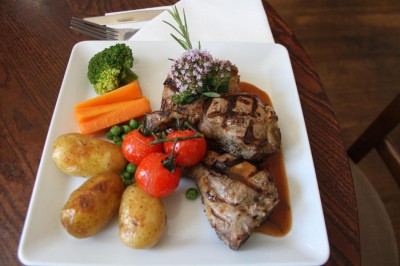
- Lecturer: Henry Prince
This course is designed to provide students with the foundation skills required to work in a commercial bakeshop setting. Students
will be introduced to the primary methods of preparation for products such as cookies, pies, cakes, cheesecakes, pate a choux,
phylio, fillings, icings, meringues, sauces and custards, with variation from seasonal local products. Strong emphasis will be placed
on understanding the function of ingredients and their interactions. The proper and safe use of professional equipment will also
be covered.
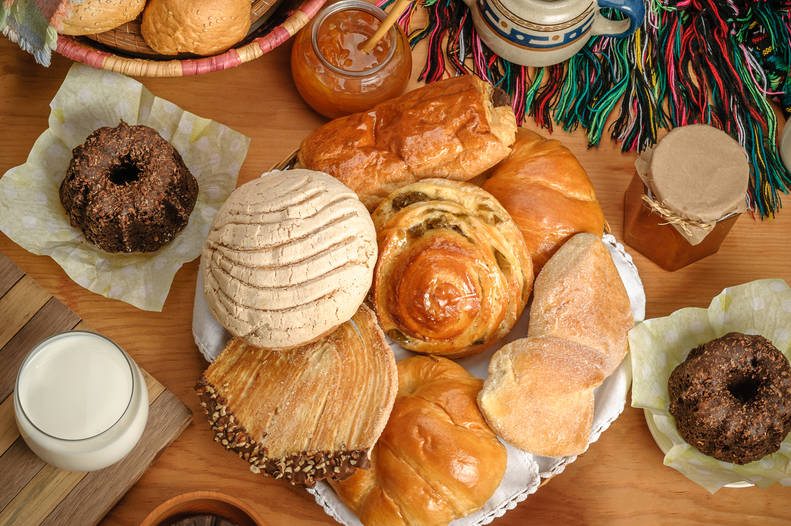
- Lecturer: Clint Creque
Students will be introduced to the application of fundamental cooking theories and techniques. Topics of study include tasting,
kitchen equipment, knife skills classical vegetable cuts, stock production, thickening agents, soup preparation, grand sauces,
timing, station organization, plate development, culinary French terms, and food costing.
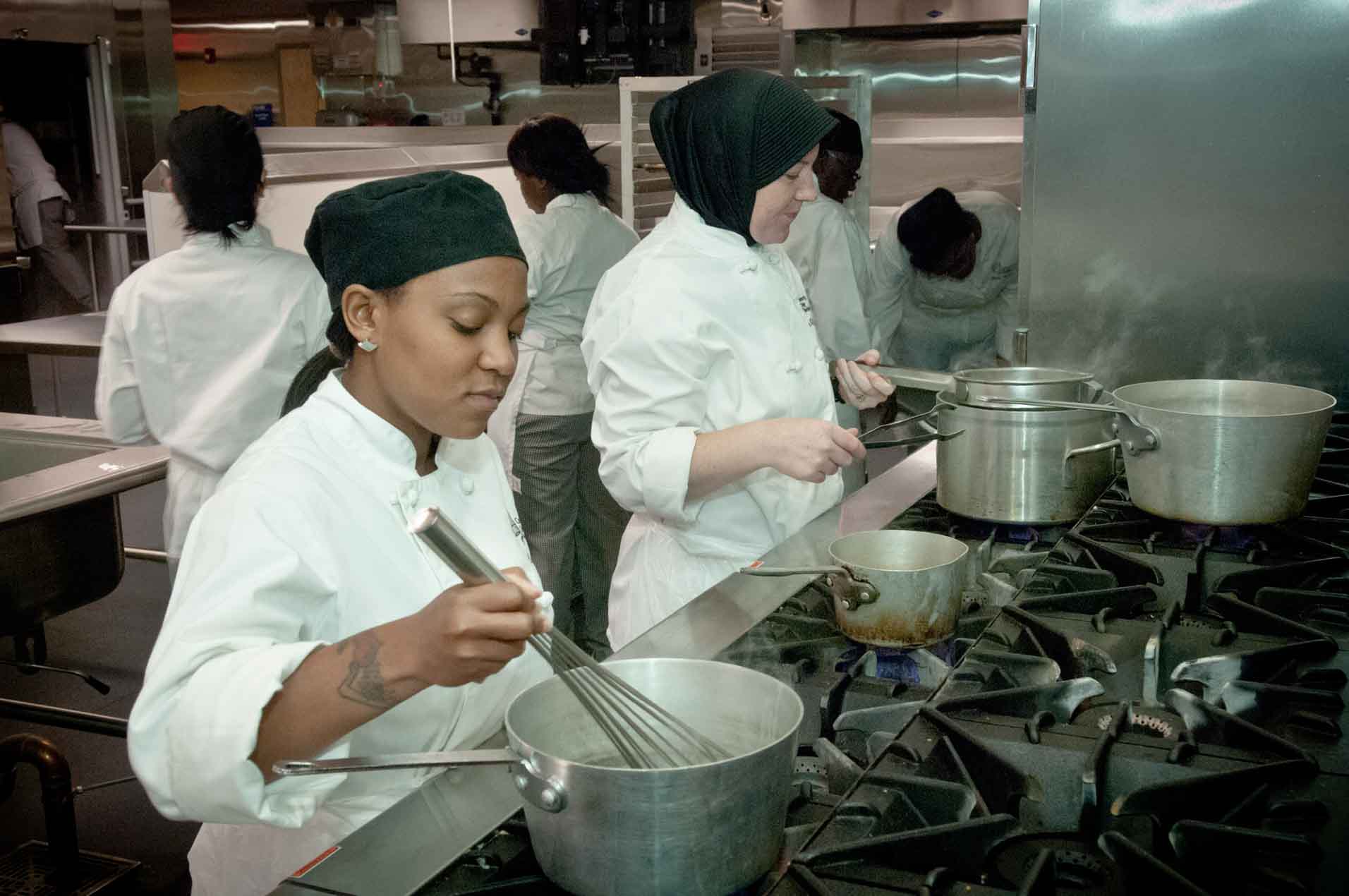
- Lecturer: Henry Prince
In this course, students examine the relationship between food and culture with a focus on the cultural rules of food consumption
and how they can be compared to the rules of music, dancing, and poetry. Course topics include the relationships between food
and religion, gender, folkways, mores, and life-cycle rituals. Emphasizing critical reading and writing, this course gives students
theoretical and empirical exposure to food research in anthropology, folklore, history, and sociology.
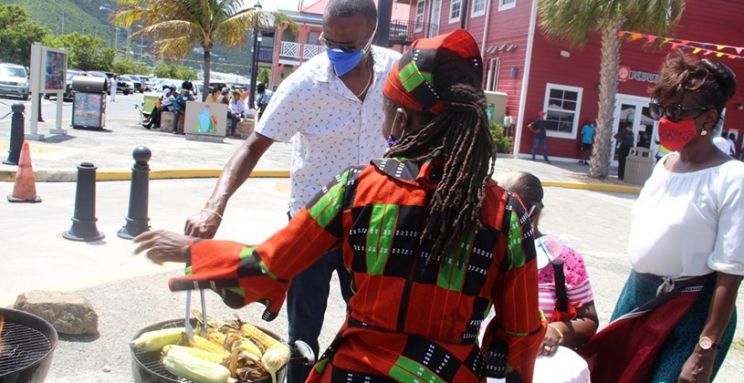
- Lecturer: Whitney George
An introduction to food production practices governed by changing US federal and state, and British Virgin Islands regulations. Topics to be covered include prevention of food-borne illness through proper handling of potentially hazardous foods, HACCP procedures, legal guidelines, kitchen safety, facility sanitation, and guidelines for safe food preparation, storing and reheating. Students will also take the National Restaurant Association ServSafe examination for certification.
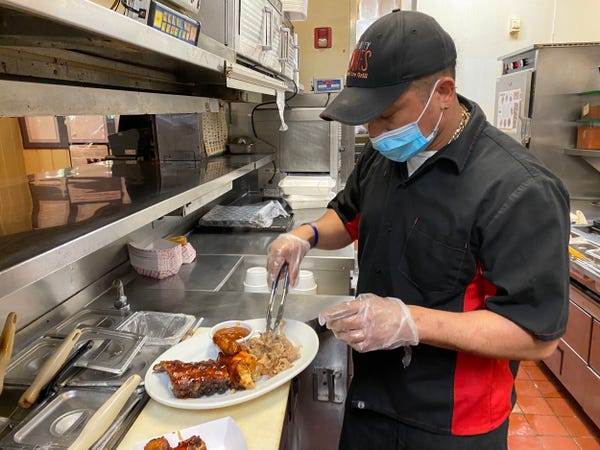
- Lecturer: Whitney George
This course is designed to provide students with the foundation skills required to work in a commercial bakeshop setting. Students
will be introduced to the primary methods of preparation for products such as cookies, pies, cakes, cheesecakes, pate a choux,
phylio, fillings, icings, meringues, sauces and custards, with variation from seasonal local products. Strong emphasis will be placed
on understanding the function of ingredients and their interactions. The proper and safe use of professional equipment will also
be covered.
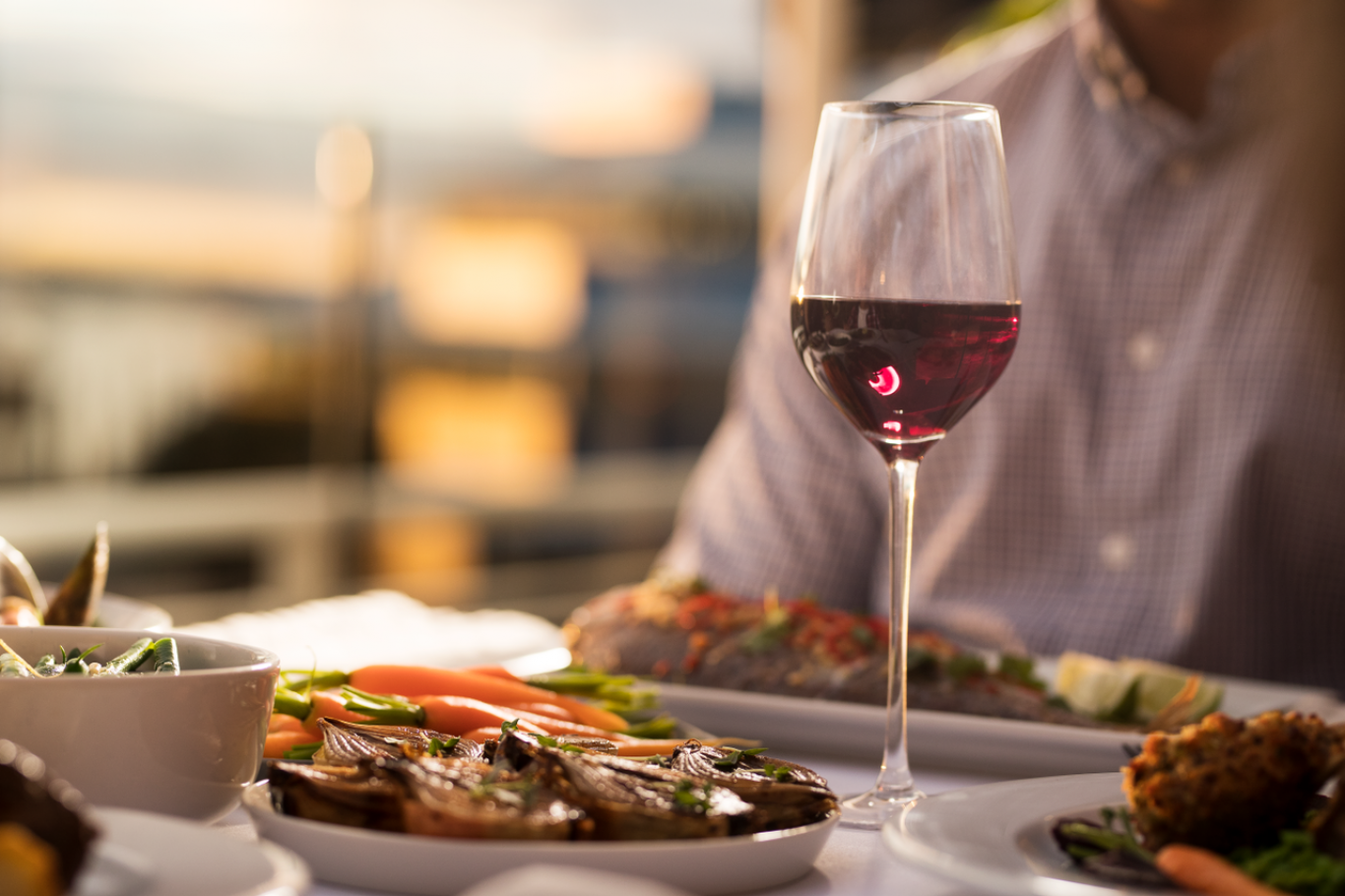
- Lecturer: Clint Creque
This course addresses the operations and procedures involved in managing the Front Office area of the hotel. Areas covered include an overview of the accommodation industry, with specific reference to topics such as reservations, registration, front office accounting and front office computer programmes. In addition to these technical aspects of front office responsibility, there is also a strong emphasis on customer service and customer relations. Computer simulation and industry placement are included in this course. (Prerequisites: BUS 110, BUS 140)
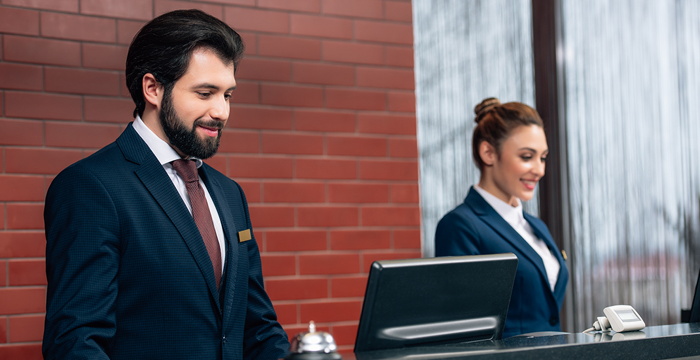
- Lecturer: Whitney George
This course offers students an introduction to international cuisine. Techniques and skills unique to ethnic cooking are presented. Emphasis will be placed on principal characteristics of cuisines from places such as Caribbean, Western Europe, Southeast Asia, South America, and the Middle East. The historical influences of the classical French tradition on contemporary dishes are discussed.
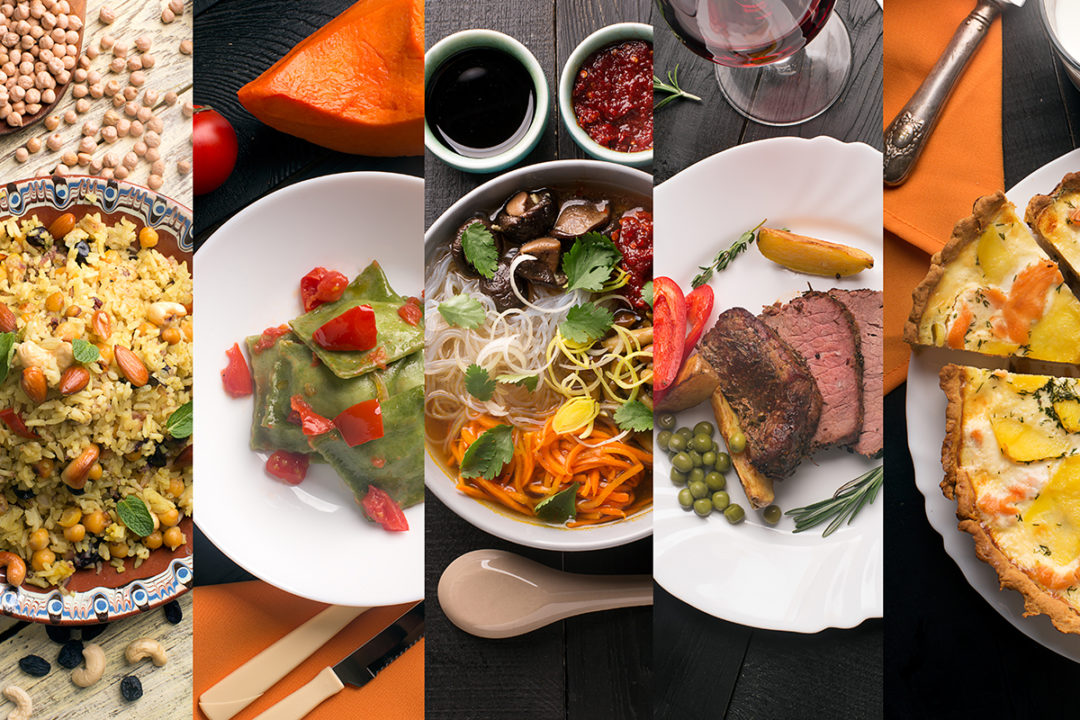
- Lecturer: Henry Prince
This course introduces and develops the skills needed to successfully run a food and beverage operation. It covers an overview of the industry and introduces the student to methods of costing, purchasing, receiving, storing and issuing, food and beverage service, sales income control and bar procedures. Students will be required to fulfil a work attachment. (Prerequisites: ENG 104, BUS 110, MAT 051)
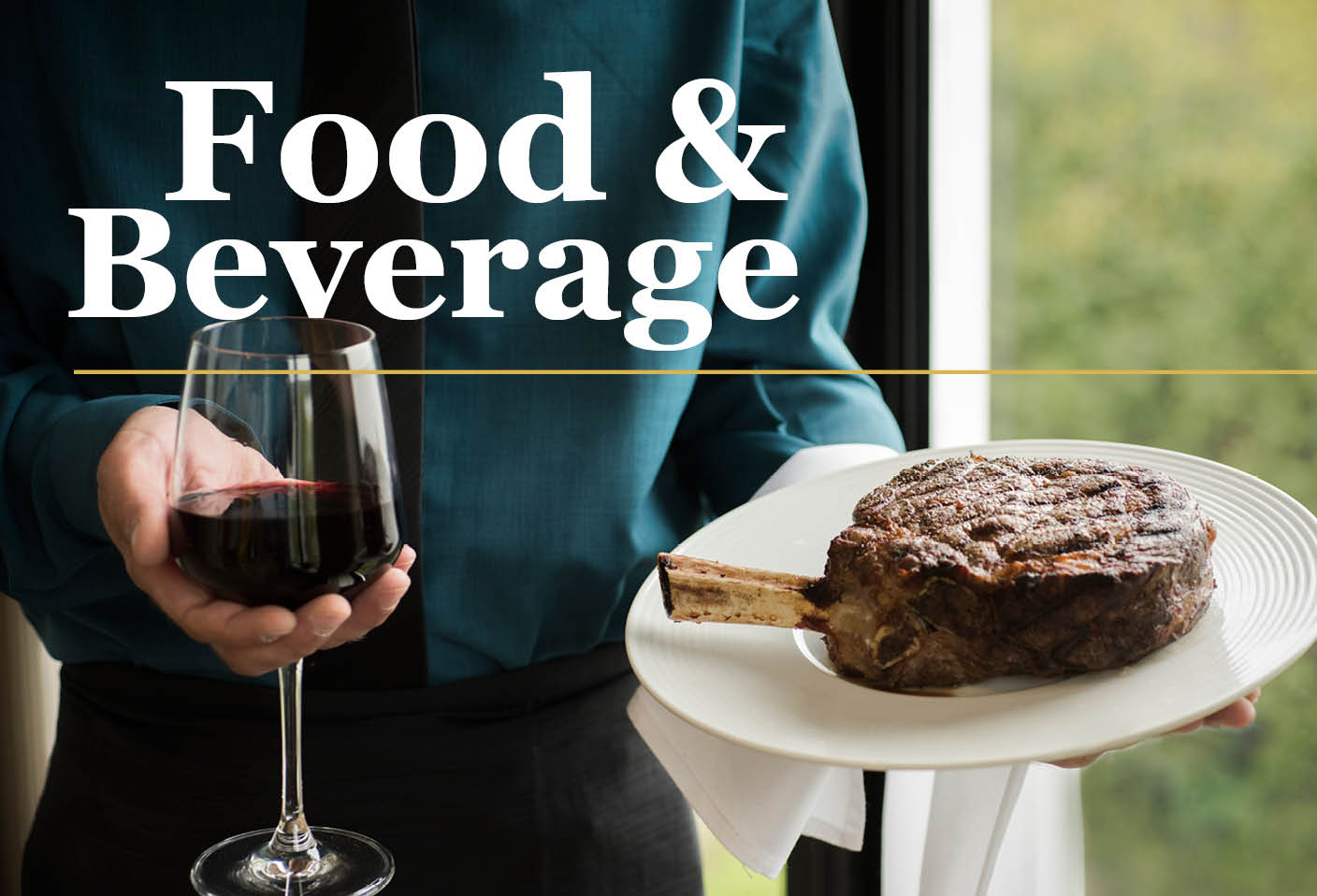
- Lecturer: Whitney George
In this course the travel industry will be examined from its early days to the present with current relevant factors such as Internet marketing and reservations being discussed. It will cover the various components such as the cruise ship industry, charter boat business, hotel accommodation and airline services. Another factor to be examined will be the impact tourism has on the ecological balance and on the local culture and infrastructure. (Prerequisites: ACC100, BUS 110, BUS 140)
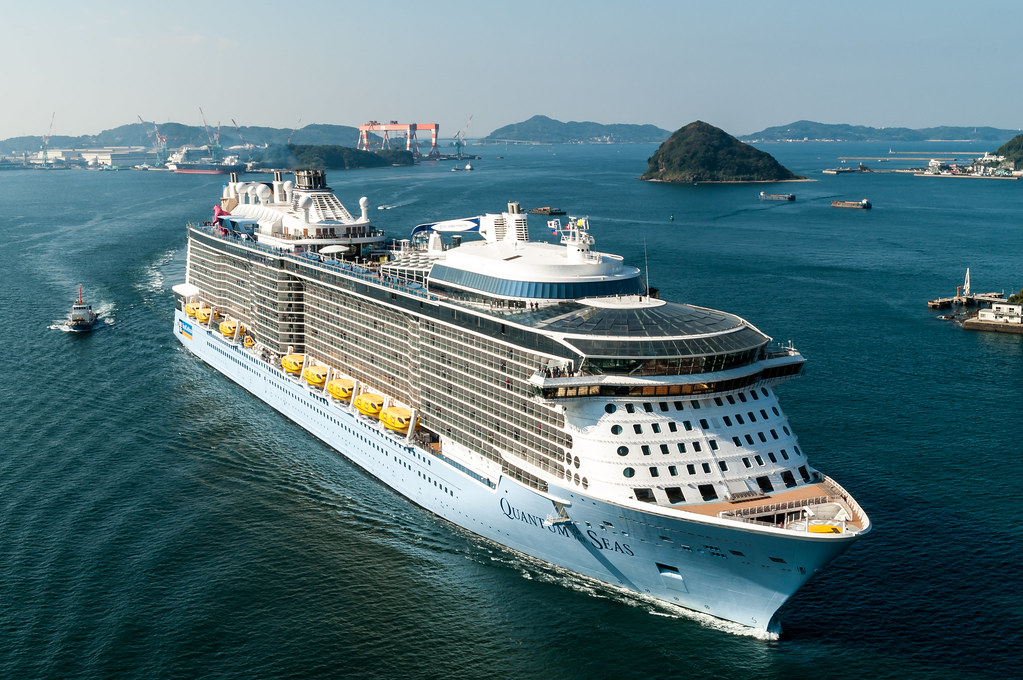
- Lecturer: Whitney George
This course gives an introduction to the running of a food and beverage operation and develops necessary skills in this area.
Topics covered include, food hygiene, food service sanitation and pest control, and basic cooking principles. These principles will
be applied in the cooking of meats, poultry, fish, vegetables and starters in a cooking lab. The fundamentals of preparing stocks,
sauces and soups are also covered in the module. Students are responsible for providing their uniform and equipment for
the course. (Prerequisite: ACC100)
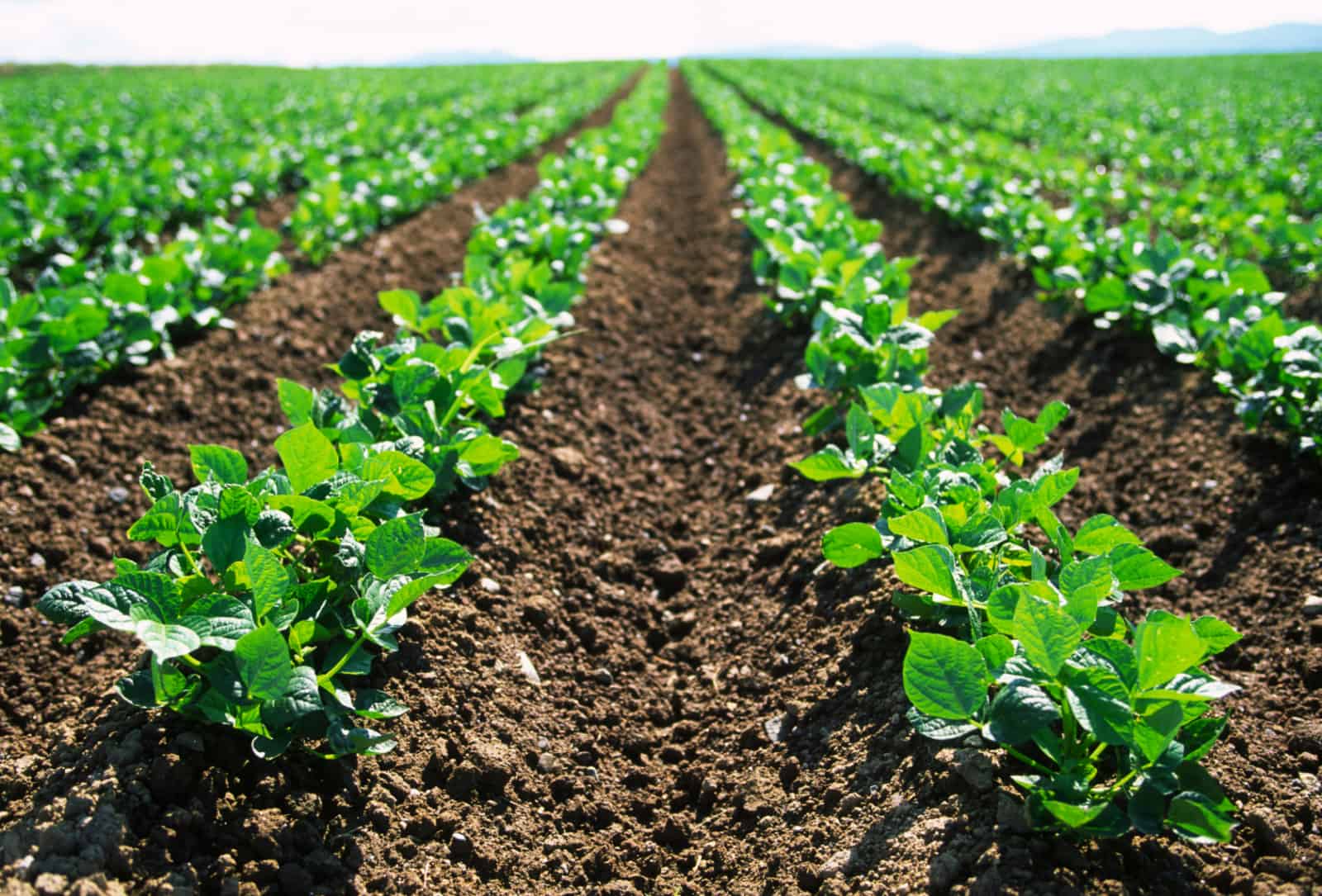
- Lecturer: Whitney George
This course focuses on high volume food production, station set up, timing, service, menu concept development and execution.
Skills specific to quantity production preparation and service will be taught. Lecture topics may include the organisation and
structure of contract food service providers, production layouts and facility design. Menu items will be consistent with local, regional
and international retail and non- commercial segments and dining trends. Cooking competencies include egg cookery, grain
cookery, sandwich preparation, pasta cookery, simple composed salads, quick breads, moderate-cost entrees and cooking for
special dietary restriction and needs.
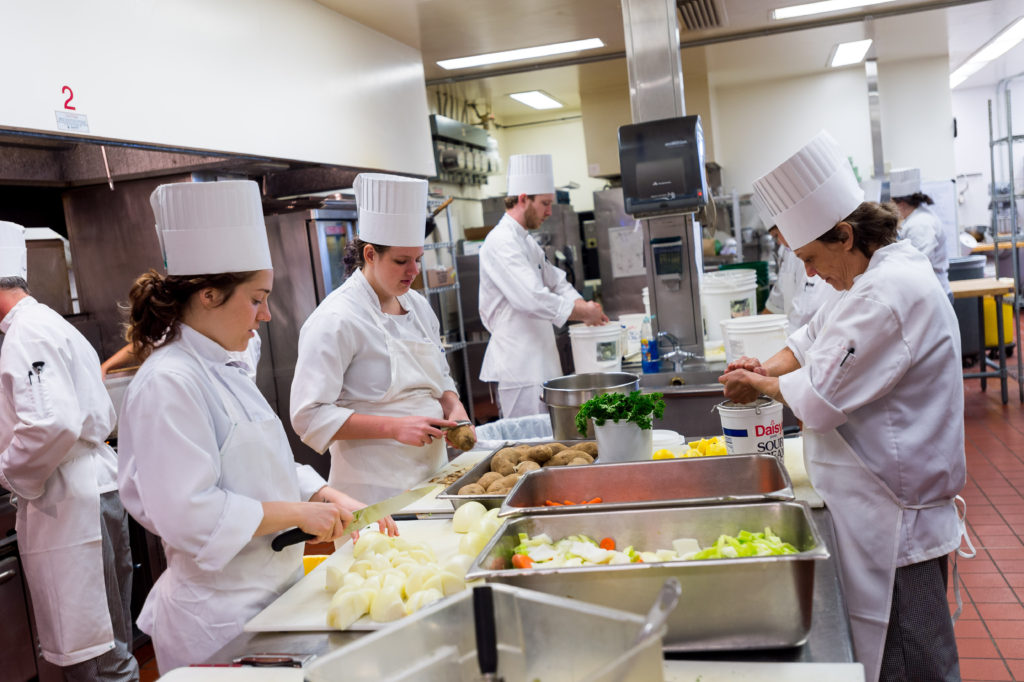
- Lecturer: Clint Creque